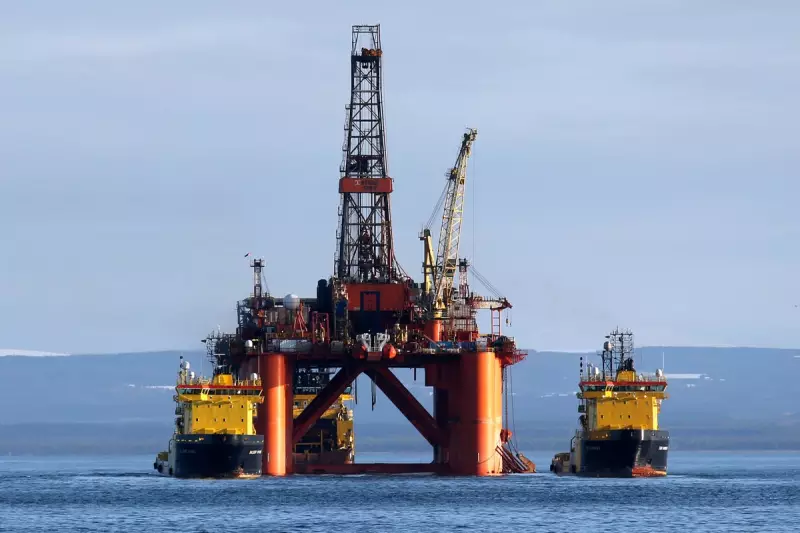
In a bold move that could redefine Britain's energy landscape, Shadow Chancellor Rachel Reeves has declared that a Labour government would block all new oil and gas developments in the North Sea. The announcement signals the party's strongest commitment yet to transitioning away from fossil fuels.
Energy Policy Overhaul
Speaking with unwavering determination, Ms Reeves stated that granting new licences for oil and gas extraction would be off the table under Labour's leadership. "We cannot continue with business as usual when it comes to our energy future," she emphasised during the high-profile announcement.
The policy represents a significant hardening of Labour's environmental stance and puts clear blue water between the party and the current Conservative government's approach to energy security.
Economic Implications
The decision has sparked intense debate about the economic consequences for both Scotland and the wider UK. Supporters argue it positions Britain as a global leader in climate action, while critics warn of potential job losses and increased energy dependency.
Ms Reeves addressed these concerns directly, stating: "Our plan includes substantial investment in renewable energy and retraining programmes to ensure no community is left behind in this necessary transition."
Industry Reaction
The announcement has sent shockwaves through the energy sector, with industry leaders expressing mixed reactions. Some see it as a necessary step toward net-zero targets, while others question the timing and potential impact on energy security.
Ed Miliband, Shadow Secretary for Climate Change, reinforced the party's position, describing it as "essential for meeting our climate commitments and building a sustainable economic future."
Political Fallout
The policy is likely to become a key battleground in the next general election, with the Conservatives already framing it as a threat to Britain's energy independence. Scottish politicians are particularly divided on the issue, given the North Sea industry's significance to the Scottish economy.
As the debate intensifies, all eyes will be on how Labour navigates the complex balance between environmental imperatives and economic realities in the crucial months ahead.






